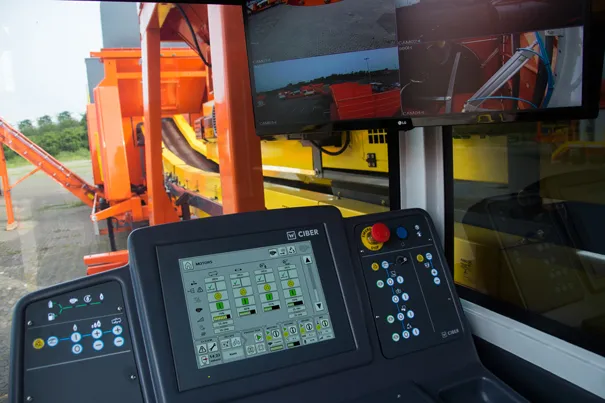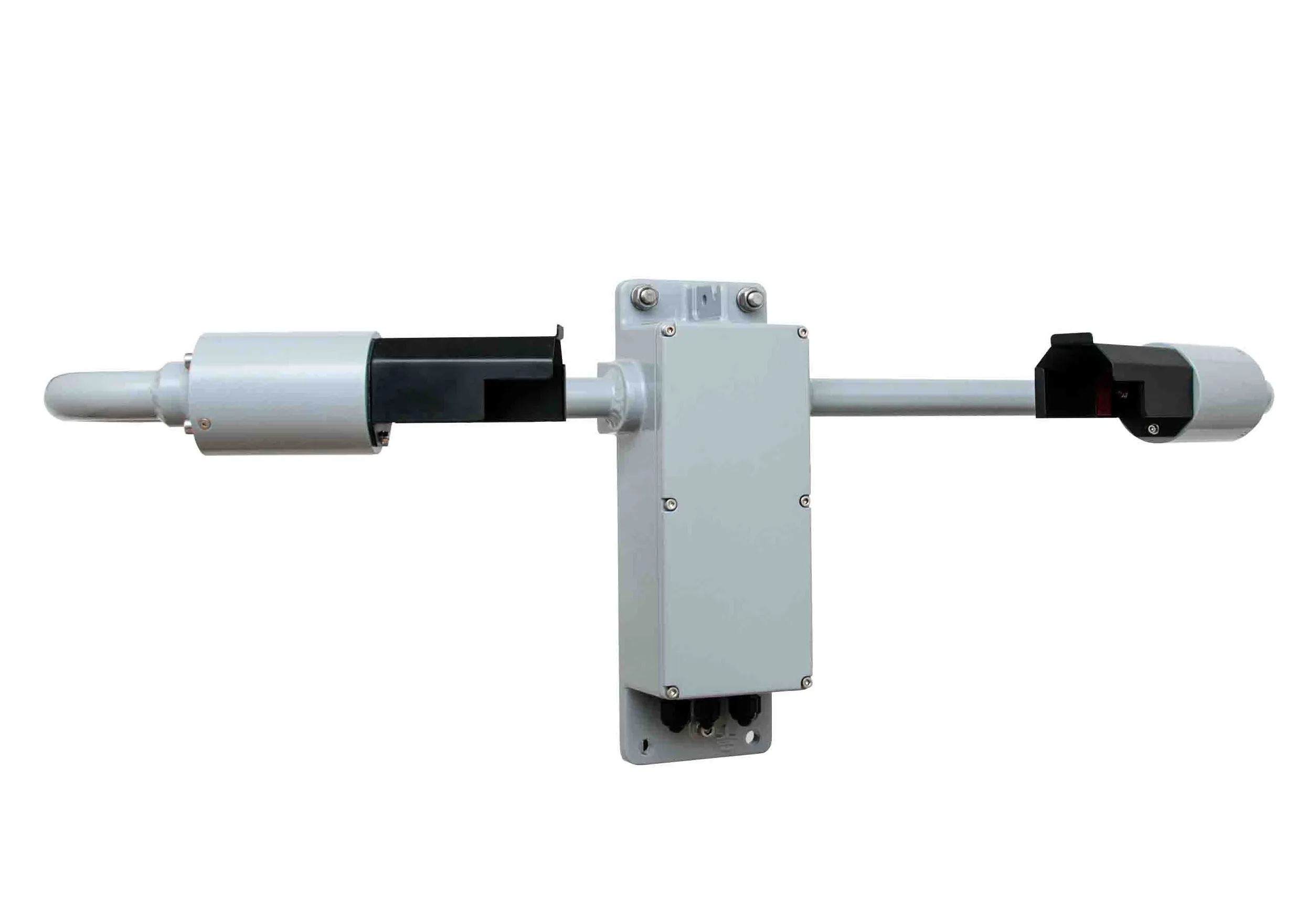SKF Insight features intelligent wireless technology that enables bearings to communicate their operating conditions continuously, with internally powered sensors and data acquisition electronics. Bearings have long been considered the heart of rotating machinery but now SKF has made them the brain as well.
June 25, 2013
Read time: 2 mins

Bearings have long been considered the heart of rotating machinery but now SKF has made them the brain as well.
SKF senior vice president, group technology development, Alan Begg said, “Three years ago we had a vision to create an integrated, self-powered sensor package that could wirelessly communicate the condition of a bearing at any time – making a smart bearing capable of sending a message when something happens to it. Following extensive R&D work, including miniaturisation, solving power generation challenges and developing unique packaging of sensors and electronics, the introduction of SKF Insight technology makes this a reality.
“Making the bearing the brain, as well as the heart of rotating machinery, has long been a dream of the engineering community, and I am proud that SKF, with our long tradition of innovation leadership, is the first to make this happen.”
Additionally, by monitoring the load directly on the bearing, SKF Insight makes it possible to measure the load the bearing actually experiences rather than what is was designed for. This valuable information can be routed back into the design phase to improve both the system and bearing design.









